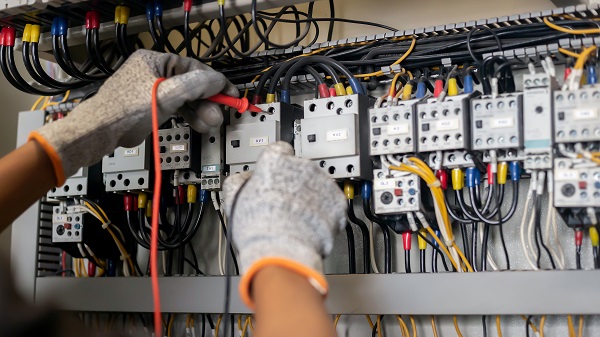What is the difference between residential solar power and commercial solar power? The obvious difference between residential and commercial solar power is that a residential solar power system is not (usually) as large. In residential solar power systems, a small solar array is mounted on the roof of a home or other building. It gathers solar energy during the day, which powers a small refrigerator-like device at night, and stores it in a battery. The batteries are typically non-rechargeable, although some systems are rechargeable, and some residential solar energy service companies offer “fully rechargeable” residential solar power systems.
Commercial Solar Power Systems
Commercial solar power systems can be much larger, and they can be more complex, depending on the specific applications. Small Energy Bill is a residential solar energy service company that offers the best prices and services in the industry. You should consider using their services, because it is essential to choose one with extensive experience in residential solar power installation. Although commercial solar energy systems can be installed on the same scale as residential ones, it is generally a much larger undertaking. For instance, many commercial buildings are taller than residential buildings, so residential solar energy service companies must mount the arrays higher on the structure. They also have more employees and need more space in which to set up the systems.
On the flip side, commercial solar power tends to be much more portable. As opposed to being located on the roof of a business, commercial solar power is often installed on rooftops, and there may be spaces within the building that could accommodate it. This advantage may also allow commercial solar power companies to install bigger solar power systems, and residential solar power systems install smaller solar power systems.
Only produces electricity during daylight hours
One disadvantage of residential solar energy service is that it only produces electricity during daylight hours, which means most residential customers can not generate all of their electricity needs at night. The inability to generate this amount of electricity during the night time or early morning hours means that most residential solar energy services must be coupled with electrical grid electricity. This means that the residential customer must either pay for the electrical power to be purchased from the electric company or pay the residential solar power company directly. If the residential customer wants to use residential solar energy, they must also buy and connect to the electric grid. These changes can often raise the residential customer’s cost considerably.
Many states have programs that require solar companies to buy back some excess electricity. While there is no guarantee that residential solar power will be available in a particular location, it is still beneficial for a residential customer to purchase a solar-generated power system even if it is not needed immediately.
Friendly alternative types of energy
There is little doubt that residential solar energy is more environmentally friendly than most alternative types of energy, at least when it comes to the generation of electricity. The only problem is that many people run into the equipment to generate the solar power needed. This can be expensive, and many residential customers cannot afford to install the needed equipment. For these customers, the government offers financial incentives to those who choose residential solar power and those who take advantage of these programs. This can help entice new residential customers to switch over to solar-generated electricity in the future.





More Stories
Where Do I Start When Looking At Solar Power For Residential Home?